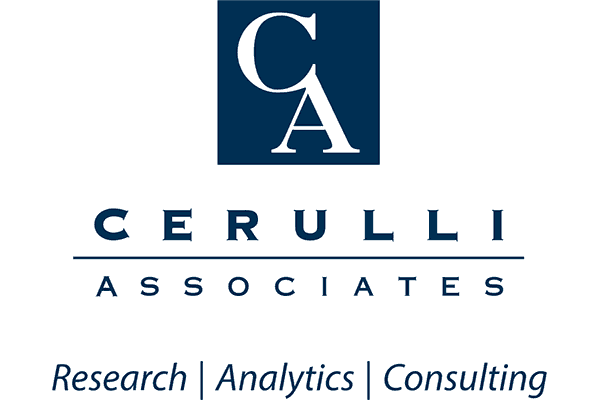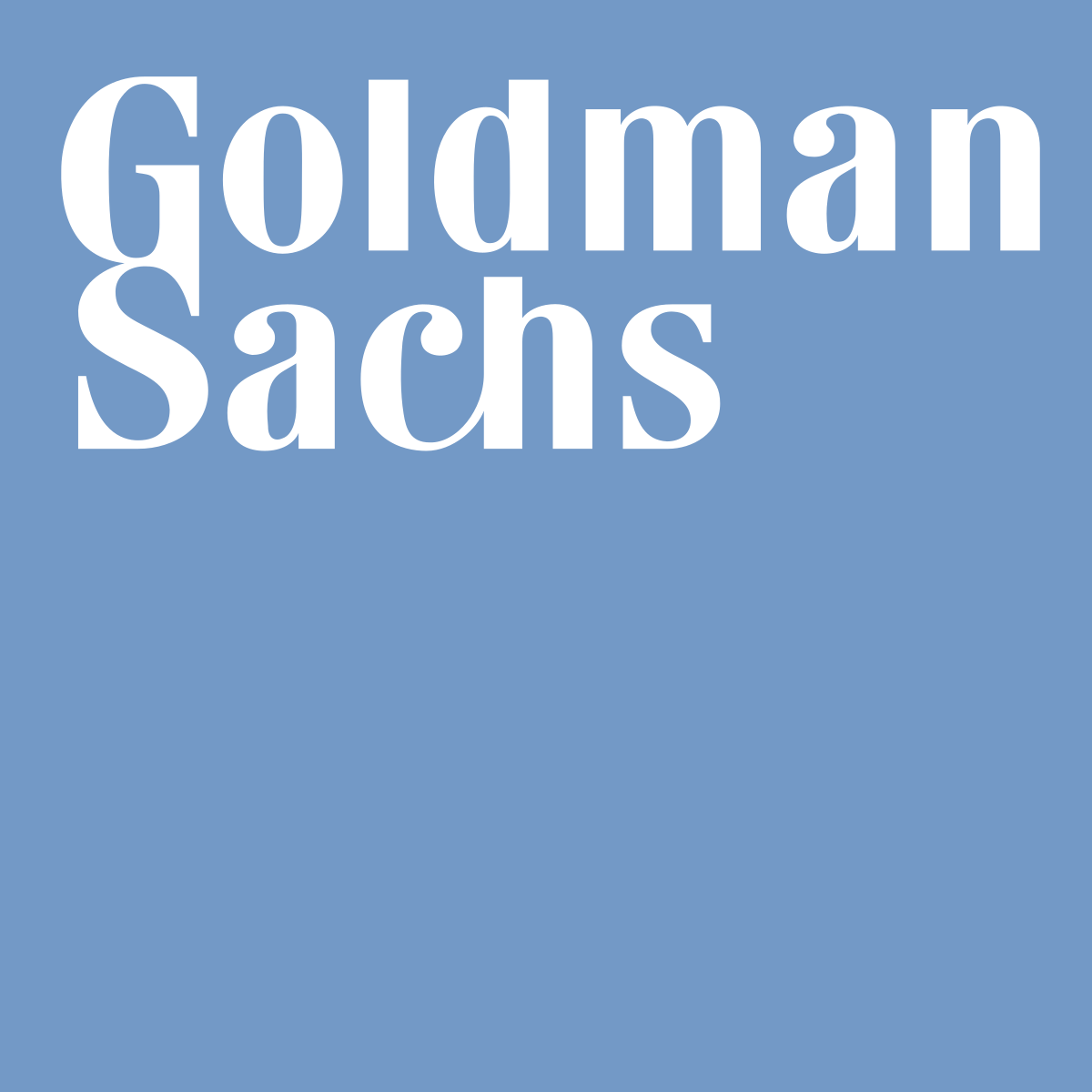While the noise around direct indexing has mainly come from the other side of the pond, the industry is increasingly lining up opportunities to grow its presence in the European market and is looking towards ESG.
Responsible investing in one form or another has become impossible to ignore in Europe. Last year, approximately 50% of flows into ETFs listed in Europe this year have been into ESG strategies, according to data from Invesco.
While the direction of flows shows no signs of abating in 2022, it is being argued the bespoke nature of direct indexing could attract investors who are tired of issuers’ broad-based exclusionary approach many ETFs take.
The topic hit the mainstream last October when Prince Harry and Meghan joined ethical direct-indexing investment manager Ethic as “impact partners” in the hope of influencing younger people to be more conscious of investing in sustainable companies. Cerulli Associates has forecasted direct indexing will grow at an annual rate of more than 12% over the next five years, and the growth has certainly been noticed by asset management giants.
The industry hit peak M&A in June last year after Vanguard made its first acquisition in its history with the purchase of direct indexing platform Just Invest. The purchase of direct indexing firms started a year earlier, however, and has now seen Goldman Sachs, Morgan Stanley, BlackRock and JP Morgan acquire direct indexing companies with few independent firms left in the market.
Direct indexing allows investors to own a customised portfolio of stocks which allows them to manage tax losses, but increasingly, include ESG values. Tom O’Shea, director at Cerulli Associates, argues that firms are making these acquisitions with one eye on the $24trn great wealth transfer and the millennial social conscious that will drive flows over the next few decades.
“Our data shows younger investors skew heavily towards ESG issues and firms are looking down the line at the generational wealth transfer that is happening and want to offer a solution that can be customised to a person’s ESG concerns,” he said.
Directly to Europe
While the direct indexing market in the US is more developed, he added that major issuers in the US that have acquired direct indexing firms could look to Europe and its more developed ESG market to roll out their bespoke products.
“Europe is much farther along than the US in understanding ESG at the institutional level, and that is going to translate more quickly into the individual level,” O’Shea said.
“It will drive demand in many European countries. Consumers are much more sensitive to ESG needs than we are in the US; it is going to be a fruitful area for development. The US is a laggard in this space, but we do see younger people driving demand,” he explains.
A tailored approach
As ESG ETFs continue to grow in popularity, the European passive space is struggling to come up with innovative ways to capture new assets under management (AUM) beyond being labelled either Article 8 or 9 under the Sustainable Finance Disclosure Regulation (SFDR).
These articles require funds to “promote” ESG characteristics as part of their investment objective, but often result in ETFs using a basic set of negative screens to exclude companies involved in controversial practices such as firearms and tobacco.
David Jervis, global client officer at direct indexing investment platform C8 Technologies, said it is the bespoke offering of direct indexing that makes it such a good fit for the ESG market, as asset managers tie themselves up in knots with greenwashing allegations and bad stock picks.
“It is like building your menu to match your values,” he said. “You have seen headlines of the ETF that called itself ESG and then had the wrong stocks in it and now clients are saying, ‘we will define ESG as we want and build something that actually fits our charter.’”
Jeff Brown, director and institutional portfolio manager at Parametric, which was purchased by Morgan Stanley in October 2020, agreed that direct indexing will help serve those investors looking to align their values more directly, with the responsible investing space driving demand over the past five years.
“Over the last five years, the responsible investing conversation has caught wind,” he said. “The next generation is continuing to push on corporate boards and pension funds to make sure they are aware of what they are investing in.”
While it may be a solution for investors looking to tailor their approach to ESG, the technology which enables it to be rolled out to a retail audience has yet to be utilised and at this point are still a tool for high net worth investors, particularly in the US.
Jervis concluded: “The customisation today has not gone right out to the smallest retail investors yet. If you look at these platforms that have been acquired, they have been sort of a managed account, but you need a certain amount of money to make a managed account; you will not get one for below $400,000 of assets.”
This article first appeared in ETF Insider, ETF Stream's monthly ETF magazine for professional investors in Europe. To access the full issue, click here.
Related articles








